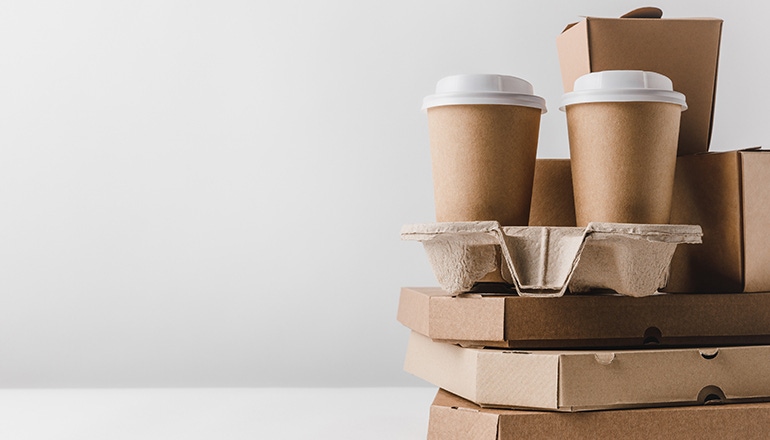University of Michigan Researchers Perform Life Cycle Assessments of Reusable Containers
While the reduction of single-use plastics has significant environmental benefits, research examining the individual impact of reusable container systems is not widespread. Researchers at the University of Michigan recently performed a parametric life cycle assessment (LCA) of reusable containers and investigated the impact of transportation and energy within a circular system.

While the reduction of single-use plastics has significant environmental benefits, research examining the individual impact of reusable container systems is not widespread.
Researchers at the University of Michigan recently developed a parametric life cycle assessment (LCA) of reusable containers and investigated the impact of transportation and energy within a circular system.
"The relative contribution of individual stages (material production, manufacturing, transportation, use, end-of-life management) on overall life cycle impacts for containers and foodware remains unclear," researchers said.
Transportation is a significant factor, with the study's authors stating that if 5 percent of customers make trips solely to return containers, the system will generate higher overall GHG emissions than single-use containers. The energy impact of in-home washing of containers also plays a role.
"Whether reusable plastic containers can withstand enough use cycles to achieve impact break-even remains in question, as the long-term effects of washing on plastic durability require more research, and the amount of visible container wear customers deem acceptable for reuse has 'substantial variation,'" the study's authors noted.
To study the environmental ramifications of reusables, researchers simulated various container systems and return behaviors and compared them to a base model in Ann Arbor, Mich. They considered parameters such as such as use-phase electricity grid type, water heater type and average customer distance from restaurants. The data generated allowed the study's authors to identify the behaviors that most influence a circular life cycle.
Reseachers concluded that shifting to reusable containers from single-use plastics can improve "primary energy, GWP, water consumption, waste, and cost, making such systems effective in improving the sustainability performance of restaurant takeout."
Furthermore, they said that "reusable alternative can break-even in GWP and primary energy impacts in 4–13 uses." However, additional research is required.
About the Author(s)
You May Also Like


